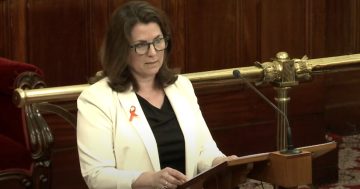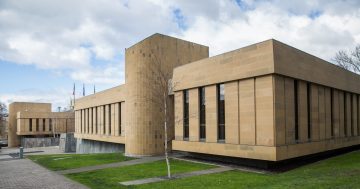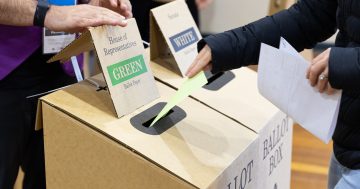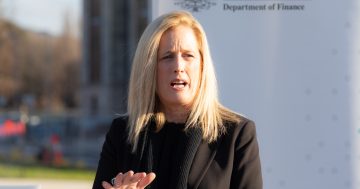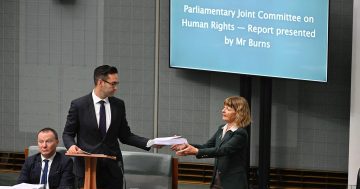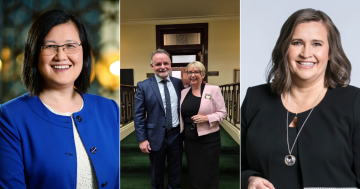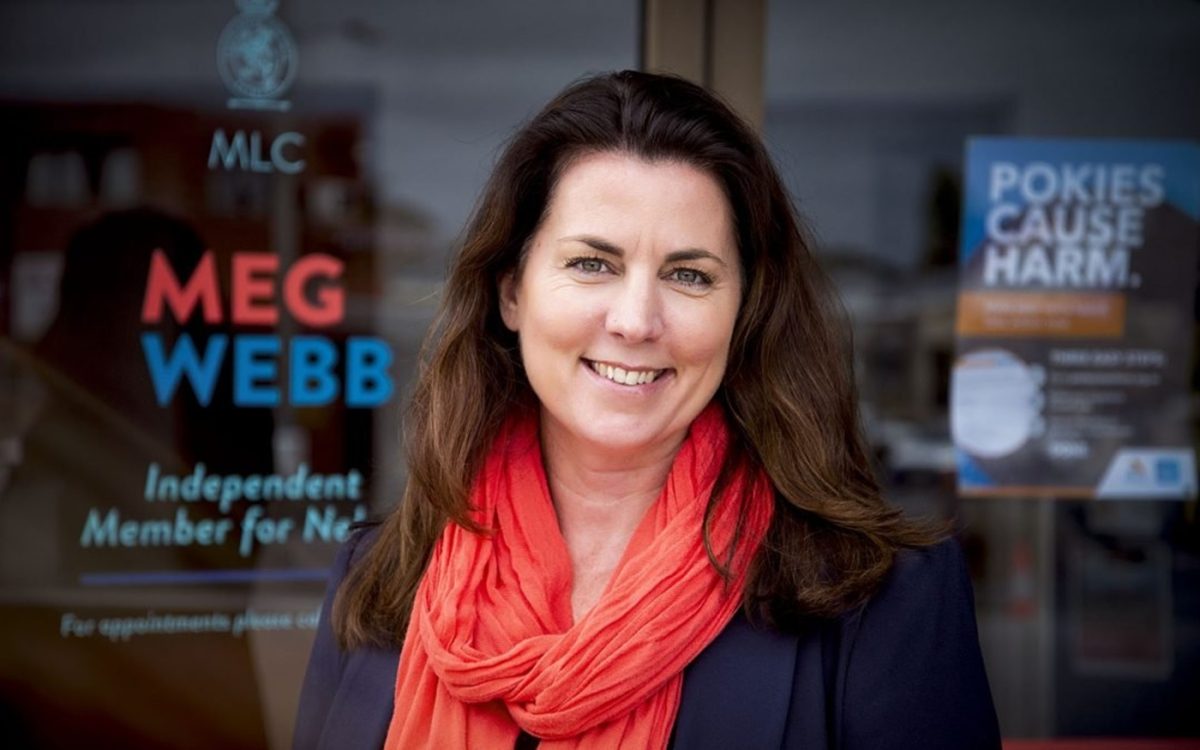
Independent Member for Nelson Meg Webb thanked her Upper House colleagues for their thoughtful debate and support for an Electoral Matters Parliamentary Oversight Committee. Photo: Meg Webb Facebook.
The Tasmanian Legislative Council has voted to support the establishment of an Electoral Matters Parliamentary Oversight Committee as a measure to strengthen the state’s electoral system.
In a briefing paper proposing the establishment of the committee, Independent Member for Nelson Meg Webb said Joint House Standing Committees on Electoral Matters in other states had been established to invest in the ongoing strengthening of those jurisdictions’ democratic free and fair electoral systems, in an embedded and systematic manner.
“These national and subnational committees are re-established after each general election as a matter of course, to ensure elections are reviewed and lessons to be learned identified, as a matter of routine,” she said.
She said reforms identified by interstate Electoral Matters Committees included:
- Immediate and long-term areas for change, such as improved financial donor transparency reforms
- Adequate funding and resourcing of state electoral commissions
- Accessible voting reforms
- Compliance and enforcement resourcing
- Civics and electoral participation (tackling informal voting rates)
- Social media impacts on elections.
Ms Webb welcomed the Legislative Council’s support of the proposal.
“The Council voting in support of my proposed Joint House Electoral Matters Committee moves Tasmania one step closer to making our democracy more robust,” she said.
“Hopefully Tasmania is on its way to joining the federal, NSW and Victorian parliaments, which already have established committees which undertake reviews of the administration of their respective elections as a matter of routine.
“These post-election democracy health checks provide opportunities for voters, candidates and other stakeholders to reflect on the election experience, raise any issues and make suggestions for improvements.
“Tasmanians could shortly have the same opportunity, commencing with the March state election and recent Upper House elections.”
Ms Webb thanked her Upper House colleagues for their thoughtful debate and support for the proposal. The next step is for the Lower House to consider the motion as passed by the Legislative Council.
“I have held positive discussions with MPs in the Lower House, and am hopeful that when that chamber debates this motion it will seize this historic opportunity to establish this ground-breaking democratic first for Tasmania,” she said.
“If the [House of] Assembly agrees to the proposed Joint Standing Committee, it will undertake a review of the administration and practices of Assembly and Upper House elections, beginning with those held this year, as well as any other electoral-related matter referred to the committee.”
Tasmania has previously attempted to establish a similar Joint House Committee to specifically examine the conduct of the state and Legislative Council elections held in May 2021, but this would have established a one-off Select Committee rather than the currently proposed Joint Standing Committee.
Despite receiving majority support in the Legislative Council, the motion was narrowly defeated in the House of Assembly in October 2021.


